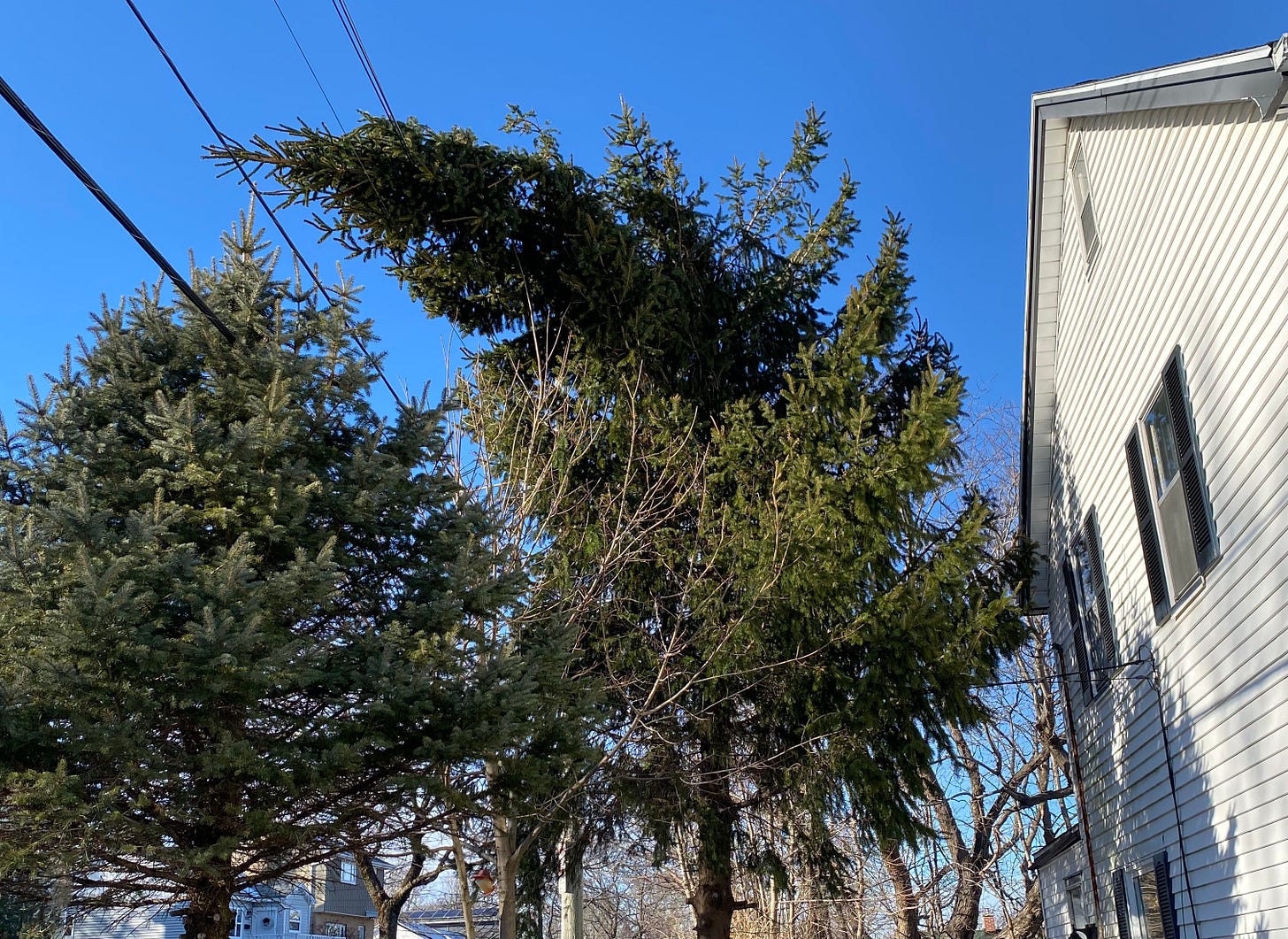The gasp and the sigh
Breathe in, breathe out. Simple, right?
I was talking with a client the other day about the sympathetic and parasympathetic nervous system, and how they are linked to the breath. We were discussing how the heart speeds up just a little bit each time you inhale, and how each time you exhale, it slows down again. It’s one of the reasons that breathing exercises can be so crucial for relaxation: if you can make your out-breath a little longer than your in-breath, you can coax your body into letting go, even if just a little.

The sigh
This week has been a doozy. After getting back into town Saturday night and putting a bed together, every day thereafter was filled with waking up early for workmen, getting things operational in the house, learning how to sleep in a new place, eating off of paper plates with wooden utensils, listening to roofers slam around overhead for hours, and of course, the usual workdays. Today, the movers came with all my partner’s stuff from the States after six months, and tonight I’m sitting on the couch we bought from our ex-landlord, sipping an amazing beverage bought for me by a dear one, communing with my partner who is playing an RPG remotely with old friends next to me, and writing this belated epistle.
In other words: siiiiigh. After a crazed week, I at last feel at least a little settled, not so falling-down exhausted as I have been other nights this week, much more at home with all the stuff (even in boxes!), and having a chance to just chill. My whole being, at this moment, is breathing out.
The gasp
The opposite of this feel is what I described to my client as “the gasp.” Think about what happens when you’re startled, or when someone tells you something awful, or when you see someone you haven’t seen in ages and are really excited to see, or when you’re astonished. If you’re not too embarrassed, go ahead and fake a gasp right now — just pretend that you just got a phone call telling you you won a prize, or that your cat just suddenly batted your feet from under the couch.
Notice what your body does, besides breathing in quickly. For me, my shoulders tense. My stomach pulls in, even though I’m putting more air in there - it’s all going to my chest. My head draws up, my eyebrows rise as I open my eyes wider to better see and attend.
And, I’m sure, my heart speeds up.
The gasp this week was the roofers knocking on the door at 8am for us to move the car so they could pull the trailer in. It was the furnace man who came in to try and start our oil-fired water heater, only to yell up to us partway through because the boiler had given off a spark even after he’d pulled the fuses out. (He was okay.) It was every time the semi-regular hammering gave way to a massive thud from above.
I would wish for myself that there were more positive-feeling “gasp” moments this week, because as the above might have shown you, the gasp doesn’t have to be negative. The sympathetic nervous system is activated whenever we’re spurred into action, whether it’s by fear or anger or joy. The starting gun at a race is a gasp, as is the returned smile of your crush, or the start of a new creative project, or the sight of a shooting star.
The sigh, part 2
And just so: the sigh is not always positive. A sigh can come right after the gasp of that shooting star: a completion of the pleasure loop. A sigh can mean you’re sinking into the hot tub, or lying on your back for the first time after a long day. But it can also mean that someone did something exasperating (usually again), or that you’re about to do a thing you know you have to do but are bored by, or that you just found out you can’t go to the Depeche Mode reunion show after all. The parasympathetic response controls relaxation, but it also encompasses boredom, accustomed annoyance, disappointment, even depression. What is Eeyore’s signature vocalization but a sigh?
The change
A long time ago now, I wrote about how bodily actions can stimulate emotional responses, not just vice versa. I’ve used this knowledge often as an actor and a director, helping actors find their characters and emotional beats through movement. This was all well before I knew about the vagus nerve and all the popular writing about trauma and the body. But it’s all been clear to me for a long time, based on my training in somatics and before that in theatre. It is possible, I learned, to have some control over how you feel by changing your physicality.
It’s not easy, at least not all the time. Sure, it’s relatively easy to change your physicality and feel the emotional change, if the state you’re currently in is close to neutral. Lie down and deliberately slow your breathing, and you’ll probably calm yourself down some. Get up, shake your arms around and sing, and you’ll probably cheer yourself up and feel ready to get some things done.
But it’s harder when you’re closer to the extremes. As effective as I know this stuff is, and as much I want to shout from the rooftops about how much more control over your emotional state you have than you probably think you do…it’s definitely not easy to change how you’re feeling when you’re too depressed to move, or when you’re too anxious to sit down.
It’s all a range, and it’s all a process. But it can help just to remember how much power and dynamism there can be in every breath you take.
Today, I’m just taking the moment to enjoy the sigh, before the next gasp.
